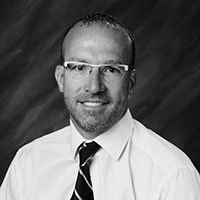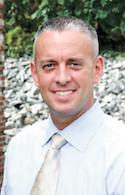Guest post by Andrea Elzy
Andrea “Drea” Elzy recently led a National Honor Society virtual college application essay writing workshop on the topic of scholarship applications. Here, she offers valuable tips that can be shared with students.
The college admission process can be a rigorous one—and requires reflection on what schools to apply to, why to apply to those particular universities, and how students might potentially finance their education.
Scholarships can be a great resource and an often untapped way to help ease the burden of educational expenses. There is no shortage of funding through scholarships—and, in many cases, students may find that there are scholarships available for not only academics and extracurricular involvement, but also scholarships available for personal attributes, qualities, etc.
Here are five tips (more…)


